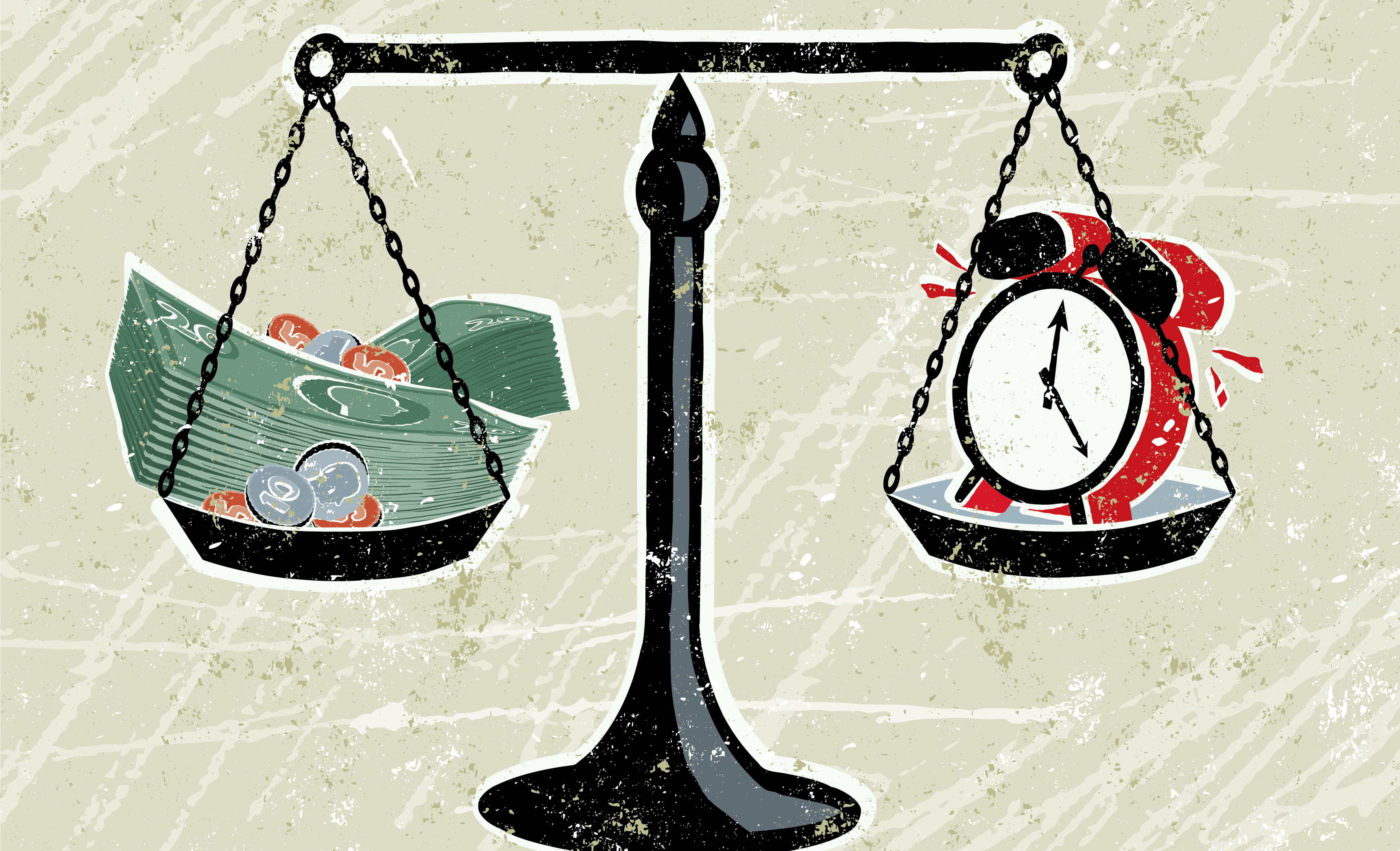
Many Americans who thought their retirement planning was on track before the pandemic now find their plans detoured or even derailed. Fidelity's State of Retirement Planning study examined the extent of planning Americans have undertaken to meet their retirement goals, how they feel about those efforts, and the impact the Covid-19 pandemic has had on their preparation. The study also looked at what worries them most and the role that planning plays in allaying their stress and concern.
Here are some takeaways:
Recommended For You
Retirement planning. Most Americans (69 percent) described themselves as proactive or planners, and 64 percent either have a plan or have thought in detail about how to afford their desired lifestyle in retirement.
Effects of the pandemic. Among people who have lower confidence levels than they had in January 2020, 82 percent reported that their retirement plans were affected negatively by the pandemic, placing many of them several years behind where they otherwise would have been. Although men and women reported similar recovery timelines, far more women said they are not sure just how far back they are, which likely reflects a lower rate of planning.
Despite this, 8 in 10 respondents are confident they will achieve their retirement goals. Men in particular expressed assurance: 55 percent said they are "very confident," compared with only 39 percent of women. While many are frustrated (30 percent) or angry (11 percent), nearly half (45 percent) are hopeful or determined they will get back on track. In fact, 36 percent are more confident now than they were before the events of the past year.
Stress levels. When presented with a list of retirement topics that might keep them up at night, younger and older Americans answered differently. Worry over the cost of healthcare is a theme common to all, but those closer to retirement generally have fewer worries, and those that they do have tend to be financial. For younger generations, the concerns are more existential.
Power of planning. The survey results suggest that the simple existence of a plan has a positive impact on an individual's financial mindset, and these benefits begin accruing as soon as the person takes the first steps. Gen Z and Millennials, more than Gen Xers or Boomers, reported going it alone and using online tools and calculators. Finally, the study showed that brushing up on retirement guidelines can make a difference When planning for retirement, it can be useful to have familiarity with some of the broadly accepted fundamentals. The survey results show that a refresher may be useful for many.
Savings. Only 25 percent of respondents accurately indicated that experts recommend having 10 to 12 times their last full year of working income by the time they reach retirement. Half of all respondents thought the figure would be 5 or fewer times.
Withdrawal. Twenty-eight percent said finance experts would recommend a withdrawal rate of 10 percent to 15 percent of retirement savings every year, which would use up one's retirement savings quickly. That size of withdrawal is far above the suggested rate of 4 percent to 5 percent annually.
Market returns. Almost three-quarters of respondents believe the stock market has seen negative returns more frequently than positive returns over the past 35 years. It may come as a pleasant surprise for people to learn that the stock market has had a positive annual return for 26 out of the past 35 years.
Healthcare expenses. Most respondents underestimate the cost of out-of-pocket healthcare for a couple in retirement, with 37 percent estimating between $50,000 and $100,000. In fact, for a couple retiring at 65, the actual average cost throughout their retirement is three times higher, at $295,000.
From: BenefitsPro
© Touchpoint Markets, All Rights Reserved. Request academic re-use from www.copyright.com. All other uses, submit a request to [email protected]. For more inforrmation visit Asset & Logo Licensing.




